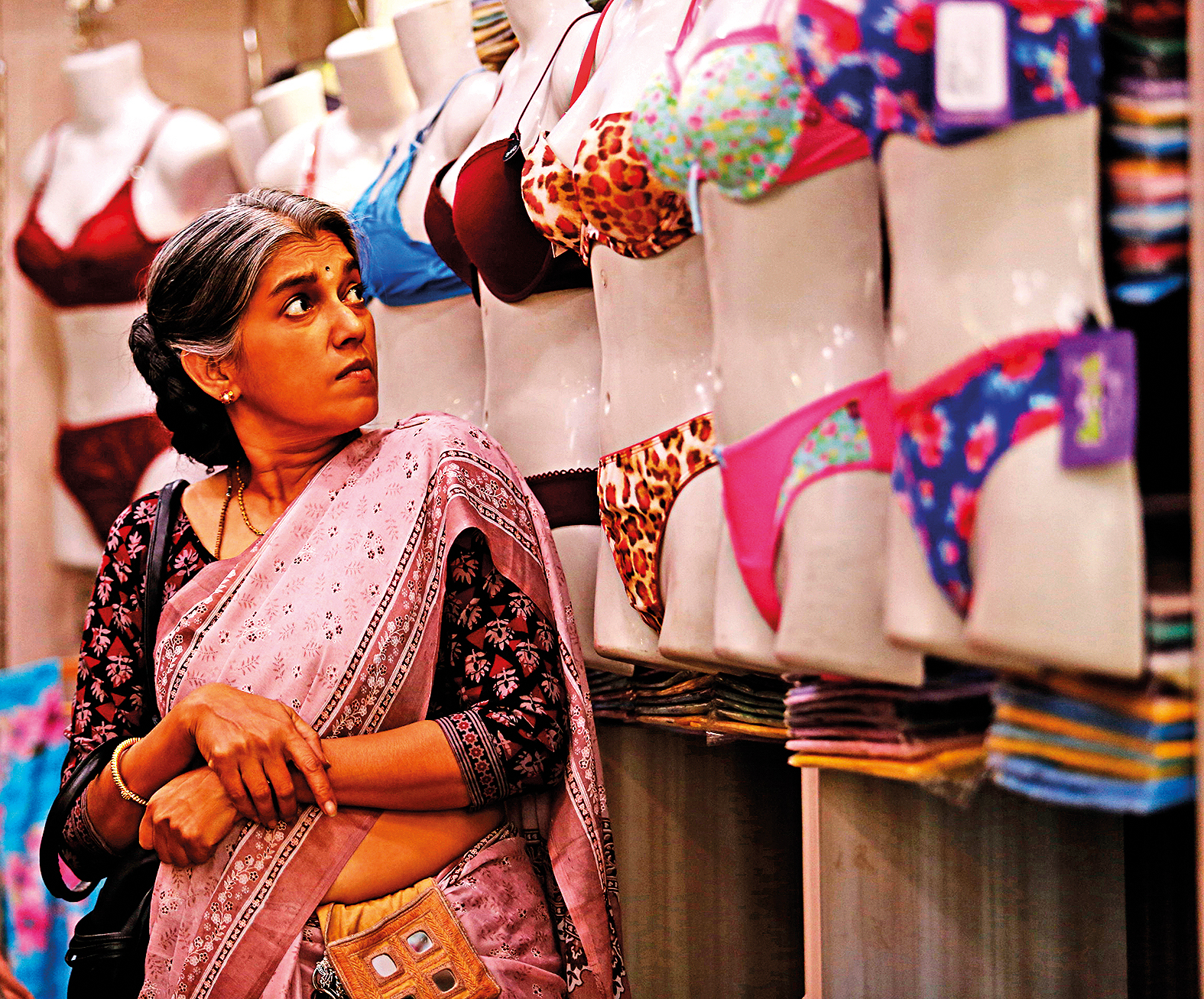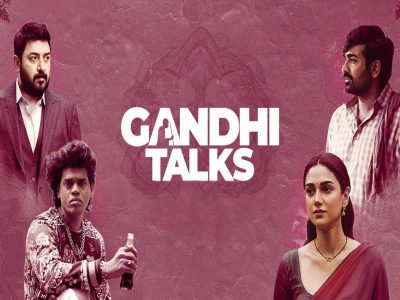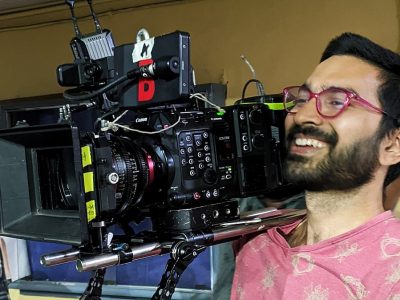Censor board has refused to certify prakash Jha’s “Lipstick Under my Burkha”, a globally acclaimed film. the thought provoking movie has caused social uproar at home
The Central Board for Film Certification (CBFC) invariably finds itself on the front pages of national dailies courting controversies. Not long ago, the board axed a gay-themed film, “Moonlight”, which was appreciated across the world for its craft and treatment of the same-sex love lore. The movie was nominated for the Oscars. More recently, Prakash Jha’s “Lipstick Under My Burkha” (LUMB) met with a similar fate. It failed to get the Board’s nod.
Critics maintain that the movie is an agent provocateur, deals with the secret lives of four small-town women of different age groups. The characters are played by acclaimed actresses — Konkana Sen Sharma, Ratna Pathak Shah, Aahana Kumra and Plabita Borthakur.
The film realistically explores their quests to freedom when confounded with perplexing choices for a meaningful existences. Rehana Abidi, a passionate singer, is a burkha-clad college student. Another, a beautician, is obsessed with photography, particularly the fetish of taking selfies while making love. Konkana plays a mother who wants to do away with her role as a procreator, and Ratna plays a middle-aged widow dealing with surging libido. They are upfront about their life situations and seek solace from each other. This movie deals with the innate, yet burried, desires and proclivities of a woman.
In a letter to Jha, the Board gave its reason to reject the approval. “The story is lady oriented, their fantasy above (sic: read about) life. There are contanious (sic) sexual scenes, abusive words, audio pornography and a bit sensitive touch about one particular section of (the) society, hence film refused….”
Dissecting the norms
CBFC was trolled on social media for refusing certification. The drafting skills was a matter of ridicule –the usage of ‘contanious’ instead of contentious or continuous (we don’t know, for sure), and many more. The CBFC’s excuse: “short-staffed”. However, there’re larger questions to deal with. Sexually-explicit scenes, showering of abuses and ‘audio pornography’ were portrayed in several other mainstream Bollywood movies like “Parched”, “Omkara” and “DevD”. The larger issue is that Bollywood portrays women unrealistically, either as a pillar of strength or victims of atrocities. Films don’t show a day to day picture of a woman with hopes, aspirations, procilivities, desires and frustrations.

The problem with “LUMB” was the pinpointed focus on a particular section of society in its name – burkha. Other films of similar nature, “Grand Masti” and “Mastizaade“, weren’t specific about a community in choosing the titles. Perhaps, that’s why they escaped the board’s axe, although they too ended up objectifying women and contained latent sexual humour.
Experts opine, the Board’s guidelines are open to interpretations, which make the task of several upcoming filmmakers difficult.
However, the CBFC CEO, Anurag Srivastava, told Patriot that he hasn’t seen the film, but the certification committee has, which has women members. The committee refused the certification “as the (specific) scenes may not be necessary for the theme of the film.” He added, if the filmmaker can get a favourable order from the tribunal, which is the appeal authority, the CBFC will comply with it.
To be fair to Srivastava, he acknowledged that thematic “review” of a film by the committee is subjective in nature. Therefore, “no two films can be compared based on the scenes they have”. Had it been a matter of a few cuts in the movie, he clarified, the committee would have said so. Their problem with the film is holistic in nature.
Jha questions the legitimacy of the board. “We should not have a censor board, but a certification board. If, as an adult, we can throw a government out, to decide our future. Shouldn’t we have the authority to watch what we like to watch? If we don’t like it, we would not watch it… The male attitude pervades everywhere and women also succumb to it,” says Jha.
Filmmaker’s view
The director of the film, Alankrita Shrivastava, told a news agency, “I will fight this out till the very end, and do whatever it takes because this is not about my film. The real issue is the systematic suppression of women’s voices and the throttling of freedom of expression.”
India is not safe for women. A skewed patriarchal mindset is a reason for it. “As a woman and a filmmaker no one can take away my voice…. I will refuse to succumb. In a country where there is so much discrimination (and) violence against women, isn’t it essential to listen to women’s stories from their point of view?”
She adds, “I am not defeated, disheartened or disillusioned by the CBFC’s refusal to certify LUMB. I am more determined than ever before to ensure that the film can be watched by Indian audiences.”
Explained Jha, “Their (board’s) subjective approach is the problem, as the interpretation of the guideline(s) change with (the) persons accountable… when Mr. Pahlaj (who heads CBFC) claims to safeguard the morality of Indian culture, it again is interpreted differently by different people.”
The movie is critically acclaimed, and received a standing ovation in Cairo, a Muslim-dominated country. “LUMB” won the Spirit of Asia Award at the Tokyo International Film Festival, Oxfam Award for Best Film on Gender Equality at the Mumbai Film Festival, and the Glasgow Film Festival 2017 Audience Award. “So, are these perspectives wrong?” asks Jha. Despite these developments, Jha is confident of a positive outcome.





